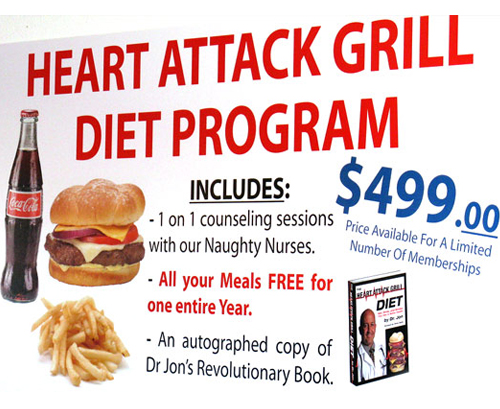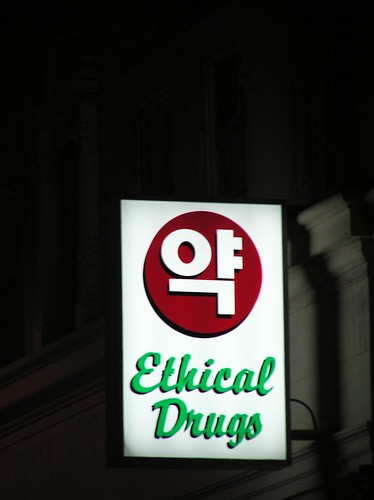What is better at promoting happiness: deep conversations or small talk?
oks like deep conversations might help: ...Together, the present findings demonstrate that the happy life is social rather than solitary, and conversationally deep rather than superficial. What makes these findings especially compelling is the lack of method overlap between the wellbeing measures (self- and informant reports) and the interaction measures (direct observation). Also, the replication of findings across measures of well-being and across weekday and weekend behavior is encouraging. Naturally, our correlational findings are causally ambiguous. On the one hand, well-being may be causally antecedent to…
2 minutes
Can being underpaid give you a heart attack?
is paper investigates physiological responses to perceptions of unfair pay. In a simple principal agent experiment agents produce revenue by working on a tedious task. Principals decide how this revenue is allocated between themselves and their agents. In this environment unfairness can arise if an agent’s reward expectation is not met. Throughout the experiment we record agents’ heart rate variability. Our findings provide evidence of a link between perceived unfairness and heart rate variability. The latter is an indicator of stress related impaired cardiac autonomic…
1 min read
Are our snap decisions more ethical?
veral theories, both ancient and recent, suggest that having the time to contemplate a decision should increase moral awareness and the likelihood of ethical choices. Our findings indicated just the opposite: greater time for deliberation led to less ethical decisions. Post-hoc analyses and a followup experiment suggested that decision makers act as if their previous choices have created or lost moral credentials: after an ethical first choice, people acted significantly less ethically in their subsequent choice but after an unethical…
1 min read
Does optimism improve your health?
hese findings suggest that positive expectations do predict better health and this relationship is partially due to the goals people set in their daily lives." Trait optimism is associated with better health, but the reason for this association is unclear. The present investigation focused on specific goals and negative emotions as potential pathways through which optimism can lead to better health. College students (n= 336) in the U.S. reported their mental and physical health at the start of an academic…
1 min read
Why are both exercise and religion so good at increasing happiness?
ey provide frequent, regular boosts to your well-being: Many studies have shown that few events in life have a lasting impact on subjective well-being because of people’s tendency to adapt quickly; worse, those events that do have a lasting impact tend to be negative. We suggest that while major events may not provide lasting increases in well-being, certain seemingly minor events – such as attending religious services or exercising – may do so by providing small but frequent boosts: if…
1 min read
Does literally “washing our hands” make us feel less guilty?
eaning one’s hands removes more than physical contaminants; it also removes residues of the past, from the guilt of past transgressions to doubts about past decisions. We review recent evidence for these and other clean slate effects from the perspectives of neural re-use, grounded cognition, and conceptual metaphor, discuss their implications, and suggest promising future directions. As you use water and soap to remove dirt and contaminants, may you also be removing psychological residues of your past? A growing body of research suggests so. For…
1 min read
Another trick to help get you to the gym:
relies on the same principle I posted about yesterday in regards to saving money: budgeting by day, week or month can make a big difference in how you view something: Two studies demonstrated that leading individuals to mentally reframe the time required for an exercise program (e.g., 2 hr per week) in terms of the equivalent daily amount (e.g., 17 min per day) reduced the perceived time commitment and increased people's willingness to try the program. Study 2 also identified a…
1 min read
Why are we so bad at predicting our future happiness?
om Eurekalert: The new evidence comes from Jordi Quoidbach, a psychological scientist at the University of Liege, Belgium. Quoidbach and Elizabeth Dunn, his collaborator at the University of British Columbia, found that our natural sunny or negative dispositions might be a more powerful predictor of future happiness than any specific event. They also discovered that most of us ignore our own personalities when we think about what lies ahead—and thus miscalculate our future feelings. And: "It might be worthwhile, before…
1 min read








